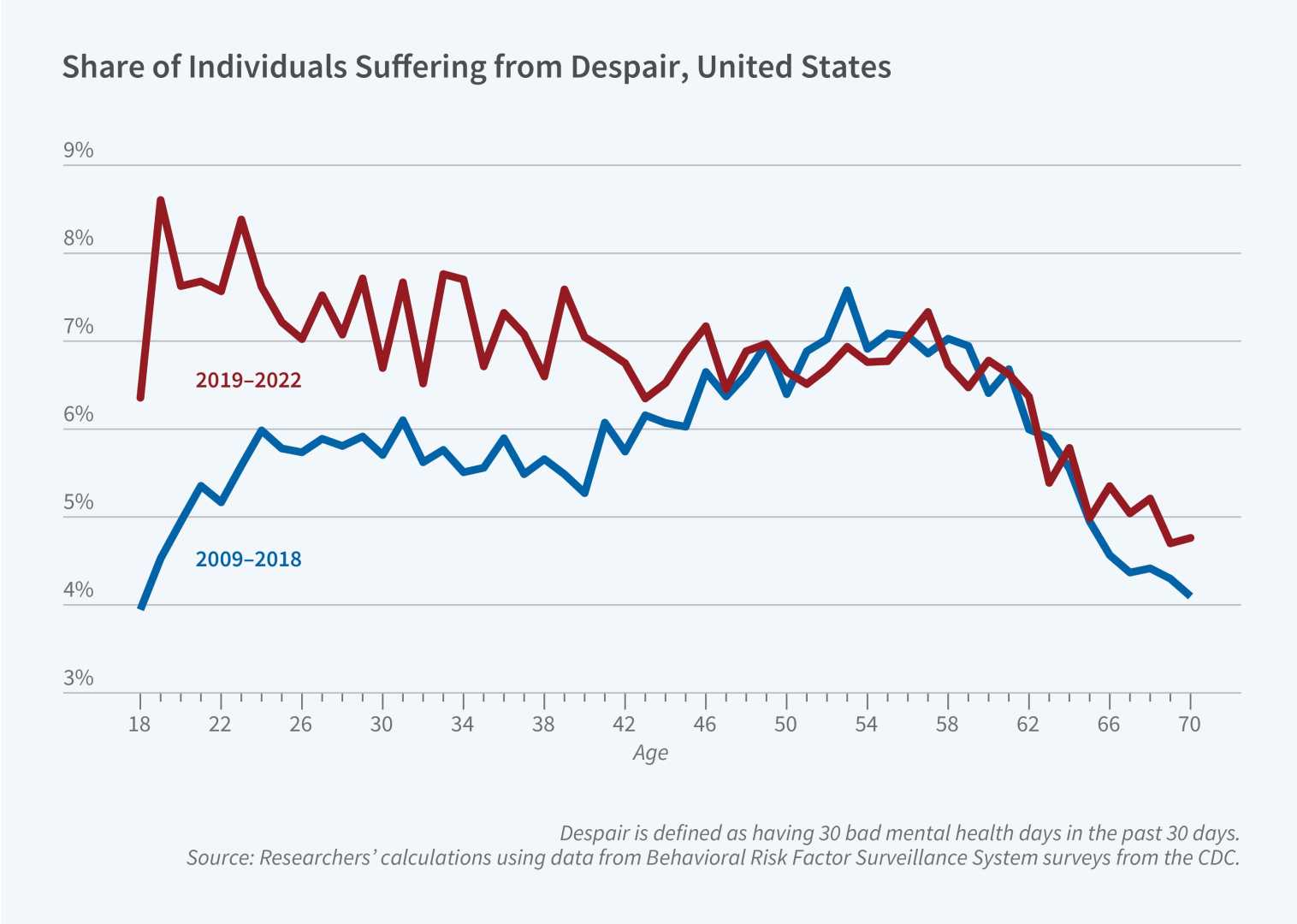Health
New Study Reveals Alarming Trends in Youth Mental Health

Washington, D.C. – A comprehensive study released on Monday indicates a significant decline in mental health among American youth, raising concerns among health professionals and educators nationwide.
The study, conducted by the National Institute of Mental Health (NIMH), surveyed over 25,000 adolescents aged 12 to 18 and found that 35% reported feelings of sadness or hopelessness, a notable increase from previous years.
Experts attribute the decline to various factors, including increased social media usage and the lingering effects of the COVID-19 pandemic. Dr. Lisa Green, a leading psychologist at NIMH, stated, “The isolation experienced during lockdown appears to have had long-term impacts on mental well-being, making it crucial for parents and caregivers to remain vigilant.”
The results of the survey highlight an urgent need for mental health resources in schools. Nearly 60% of respondents admitted not having access to mental health support when needed. David Choi, a high school counselor in California, commented, “We need to normalize conversations about mental health and ensure that students know help is available. People are struggling, and we cannot ignore it any longer.”
The increasing pressure from academic performance and social dynamics may also play a role. The report indicates that 48% of teens feel overwhelmed by school expectations, contributing to stress and anxiety. Researchers are calling for comprehensive policy changes to address these issues effectively.
In light of these findings, advocacy groups are pushing for more funding for mental health programs in schools and communities. “Every child deserves access to proper mental health care, and we are committed to fighting for those resources,” said Maria Sanchez of the Youth Mental Health Coalition.
The implications of this study are far-reaching, emphasizing the importance of early intervention and support systems in helping youth cope with mental health challenges. As the data continues to unfold, stakeholders hope to implement strategies that will reverse these concerning trends.












